Why Theater Education?
Why Theater Education?
The Arthur Miller Foundation has chosen to specifically focus our attention on theater education for several key reasons:
- Theater teaches essential soft skills that foster empathy and effective interactions with others, aiding in human development regardless of the career path one chooses to pursue.
- Theater is the most comprehensive art form, enveloping all other forms of art, including music, dance, fine art, film and visual art.
- Theater arts must be recognized as an integral part of a well-rounded public school education.

An evaluation of the Arthur Miller Theater Education Program, in partnership with the New York City Department of Education, was conducted by Dr. Gess LeBlanc through Hunter College School of Education’s Urban Center for Assessment Research and Evaluation (UCARE).
Findings revealed that theater teachers view the program as transformational & central to their development as theater educators.
THEATER TEACHERS learned effective strategies for:
- encouraging active learning
- literacy development
- meeting the needs of diverse learners
- creating a sense of community
- fostering student engagement & collaboration
THEATER STUDENTS demonstrated improvement in the following areas:
- social and self-awareness
- interpersonal, decision-making & self- management skills
- empathetic, supportive & respectful peer relationships
- sustained focus & concentration
- positive communication & commitment to group activities
Arts Education: The Facts
The arts support PERSONAL, ARTISTIC, CIVIC, and SOCIAL DEVELOPMENT
The arts promote growth in SELF-CONFIDENCE, EMPATHY, and increased SOCIAL TOLERANCE
Teenagers involved in the arts have better grades and higher rates of college enrollment & attainment
Arts students SCORE HIGHER ON THEIR SATs than peers
Students with access to the arts in high school are 3x more likely to earn a bachelor's degree

Low-income students highly engaged in the arts are more than 2x as likely to graduate from college

At-risk students with access to the arts do better academically, aim higher in their career goals, and become more civically involved
72% of business leaders say that CREATIVITY is the # 1 skill they seek when hiring

Language proficiency scores increase more than 10 x with arts engagement in schools for English Language Learners
Top Skills Children Learn From The Arts
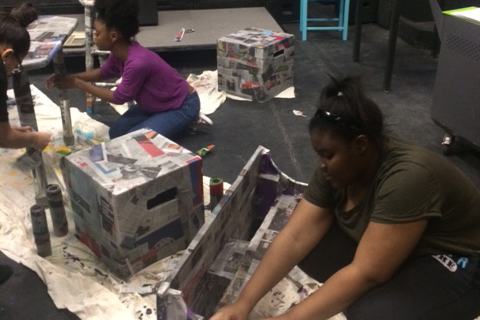
Creativity
Being able to think on your feet, approach tasks from different perspectives and think ‘outside of the box’ will distinguish your child from others.
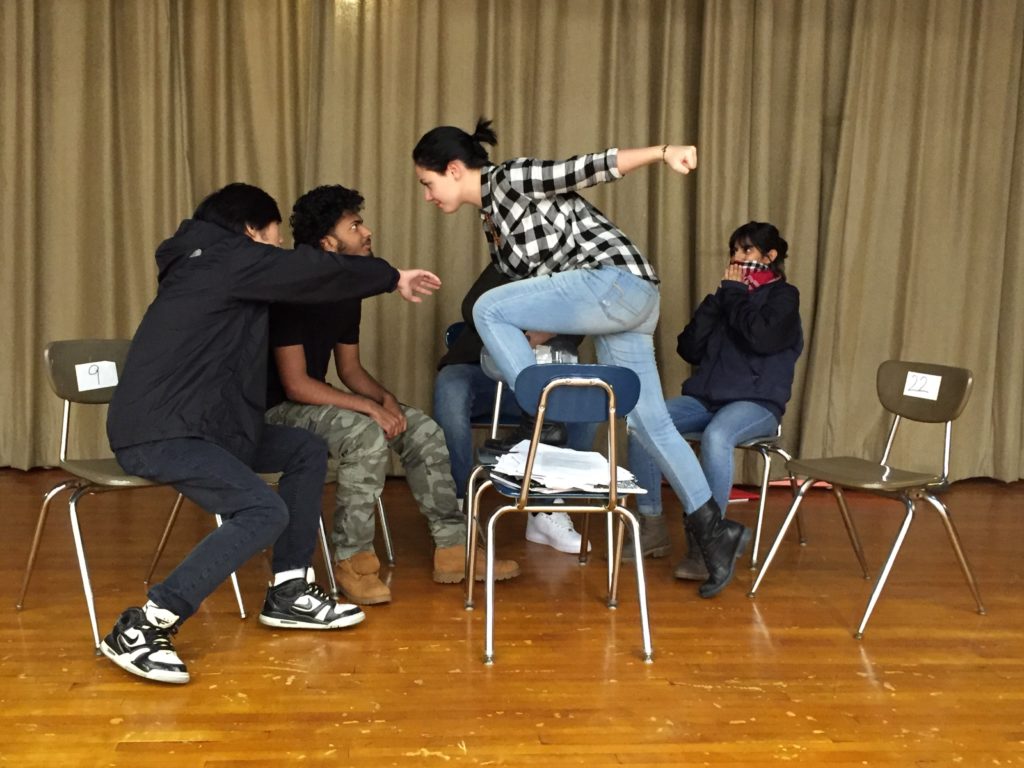
Confidence
The skills developed through theater not only train you how to convincingly deliver a message, but also build the confidence you need to take command of the stage.
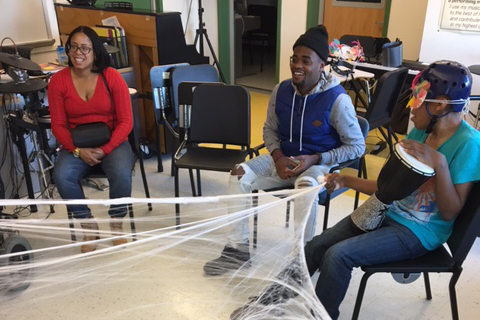
Problem Solving
Artistic creations are born through the solving of problems. How do I turn this clay into a sculpture? How do I portray a particular emotion through dance? How will my character react in this situation? Without even realizing it kids that participate in the arts are consistently being challenged to solve problems.
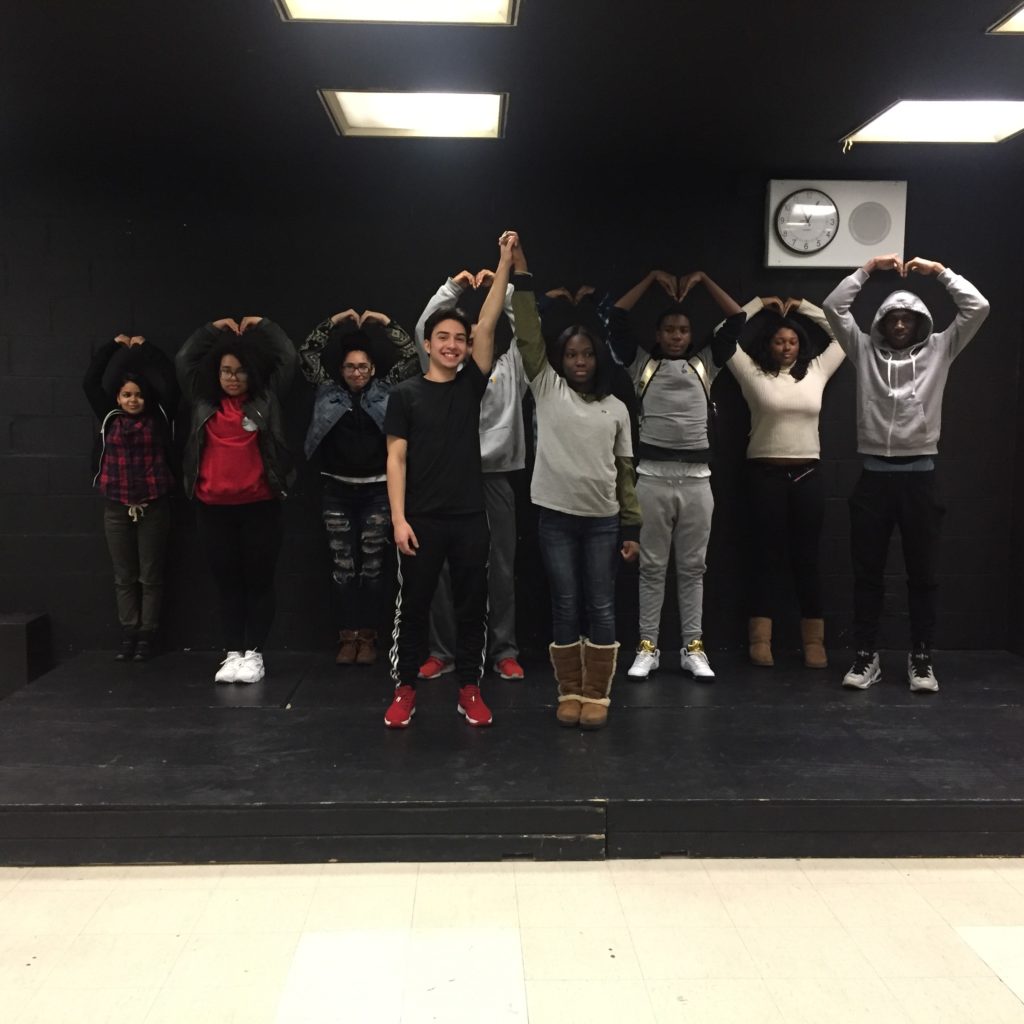
Perseverance
When a child picks up a violin for the first time, she/he knows that playing Bach right away is not an option; however, when that child practices, learns the skills and techniques and doesn’t give up, that Bach concerto is that much closer.
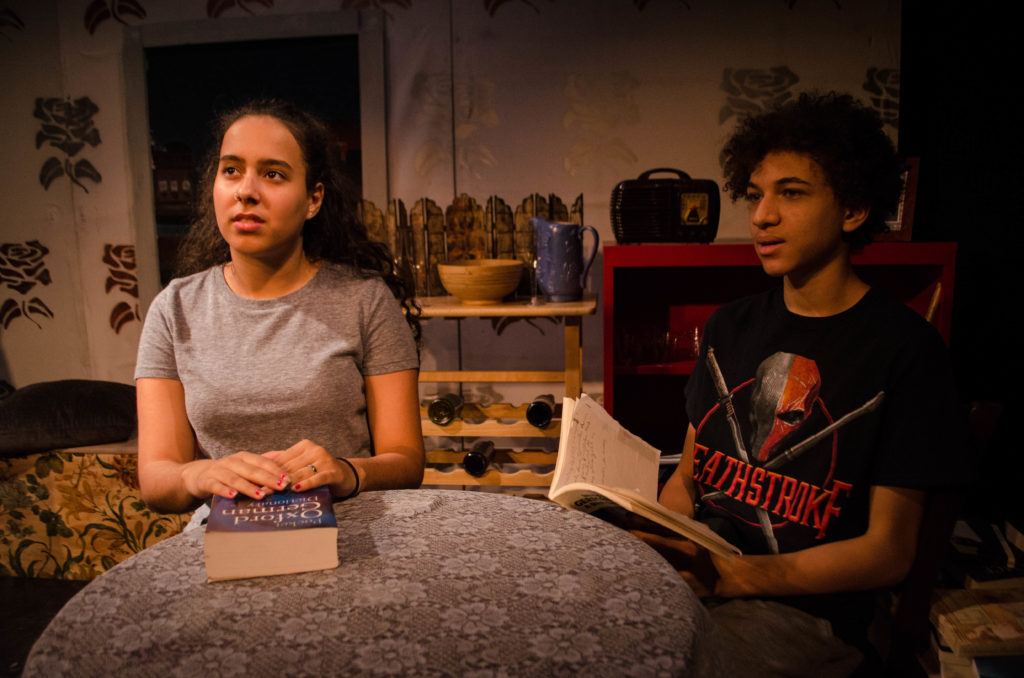
Focus
The ability to focus is a key skill developed through ensemble work. Keeping a balance between listening and contributing involves a great deal of concentration and focus.
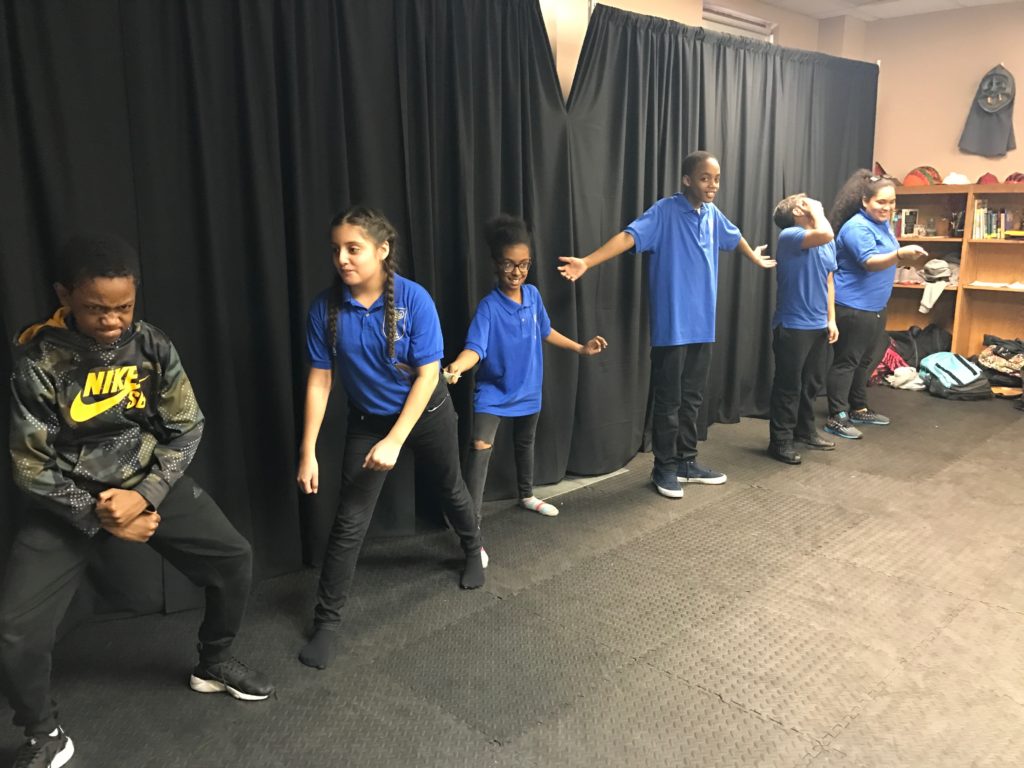
Non-Verbal Communication
Through experiences in theater and dance education, children learn to breakdown the mechanics of body language.
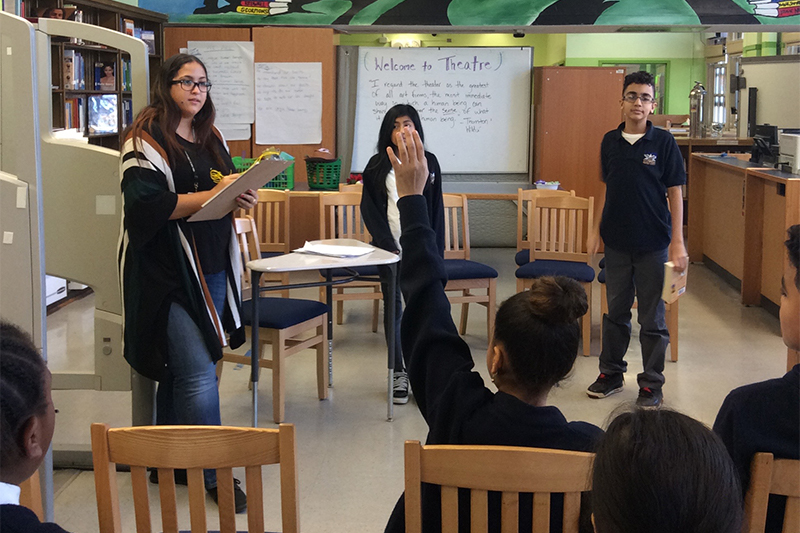
Receiving Constructive Feedback
Receiving constructive feedback about a performance or visual art piece is a regular part of any arts instruction. Children learn that feedback is part of learning and it is not something to be offended by or to be taken personally. It is something helpful.
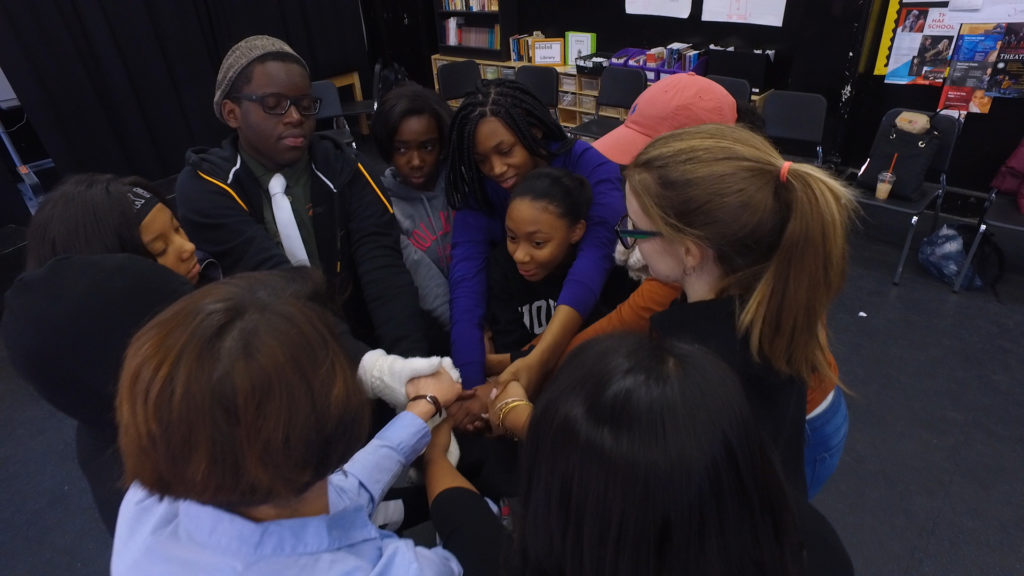
Collaboration
Most arts disciplines are collaborative in nature. Through the arts, children practice working together, sharing responsibility, and compromising with others to accomplish a common goal.
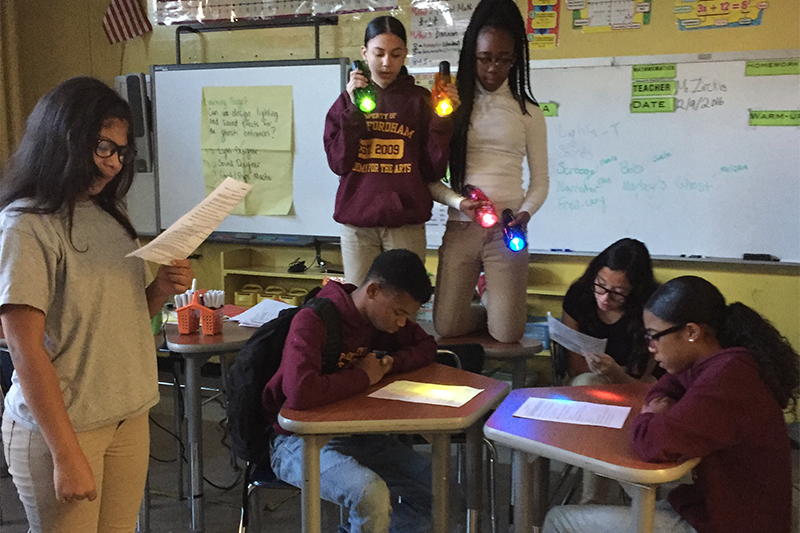
Dedication
When kids get to practice following through with artistic endeavors that result in a finished product or performance, they learn to associate dedication with a feeling of accomplishment.
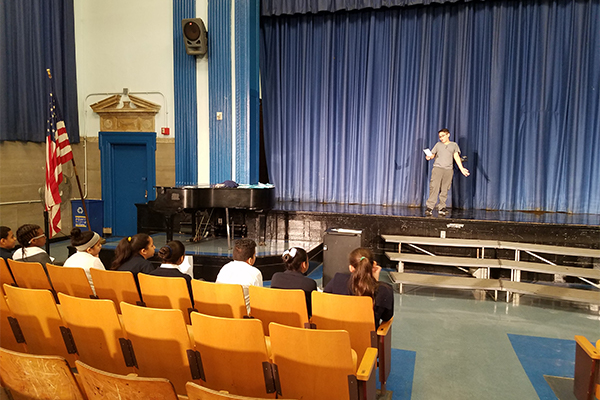
Accountability
When children practice creating something collaboratively they get used to the idea that their actions affect other people. They learn that when they are not prepared or on-time, that other people suffer.
